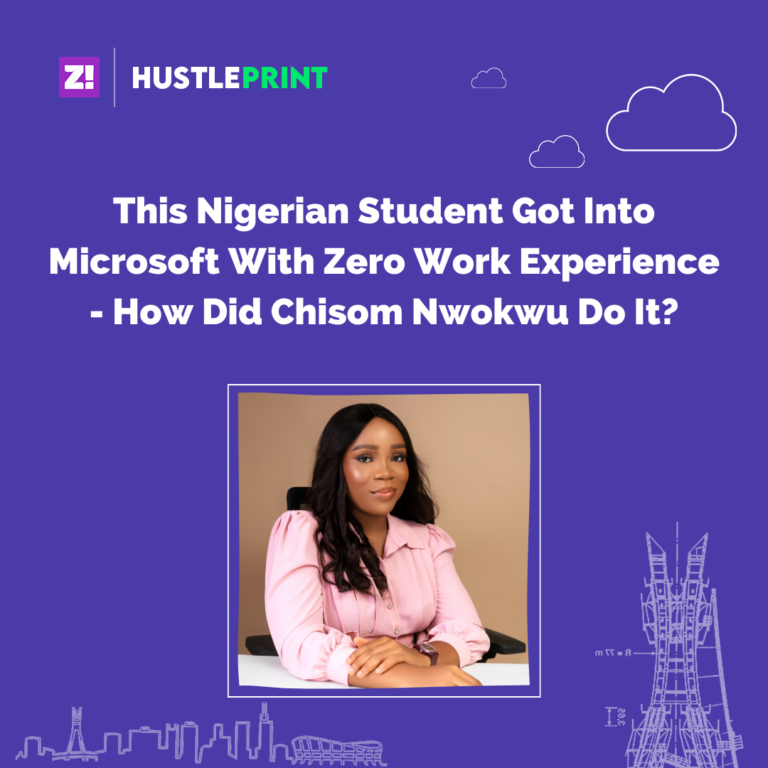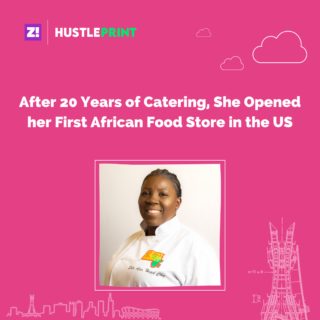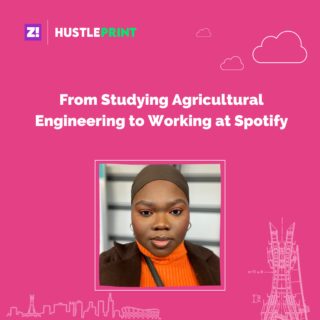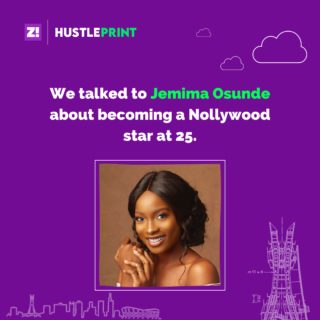Imagine your life requiring certain types of infrastructure or services beyond the basic standards our country already struggles to provide. About 25 million people in Nigeria are living this reality. That means at least one in ten people you come across everyday are Persons Living With Disabilities (PLWD). Living in Nigeria is already a struggle, so what’s it like for the people that have to go an extra mile to care for people with special needs? Today, five Nigerians share what it’s like being a caregiver to PLWD in Nigeria — their challenges, expectations and hopes..
“I wish mothers had access to free therapy on my journey.”
Amaka, 53
My son was born with Down syndrome in 2001. We didn’t know initially — I only noticed after a couple of months because his neck wasn’t getting firm and he was falling sick frequently. My husband and I decided to take him to the general hospital in Ikeja to run some tests and get answers, but the doctors seemed so nonchalant with my child. They kept telling me I was just another new mother overreacting to little things. He was my second child, so I knew something was different. I decided to ignore the doctors’ remarks and go to the paediatrician clinic along Ogunlana road in Surulere. The doctor there ran tests and confirmed that he had some development issues — it was Down syndrome. He educated us on the delays with speech, memory retention and physical development. I was devastated, but all I could think of was educating myself even more to fix it.
The doctor was helpful, but he had limited experience with Down syndrome. He referred us to a free seminar on Down syndrome at Waterloo in Ikeja. When we got there, they were demanding ₦5k from each of us — we had spent so much money already and there was no discount or insurance on anything. I didn’t have an option. Life was already so difficult for me as a person without special needs in Nigeria; I couldn’t imagine the reality for my baby boy. So I paid the ₦5k and connected with a physiotherapist at the seminar. He came to see us twice a week and massaged his joints each time. After two years and five months of working with him, my son walked.
I wish I had access to free therapy on my journey. There were no communities to lean on as a mother. Yes, there are NGOs dedicated to people like my son, but they just took us as charity work — I want us to be considered as a priority because we are members of the community and deserve to be planned for. My son is 20-years-old now and I want him to live a full life even after I’m gone.
“People in the hospitality sector need to be trained on handling customers with special needs”
Dinma, 27
My sister is autistic — she loves the theatre and also loves trying new foods at restaurants. I always knew my sister was different, but the older I got, I was more aware of it. I remember taking her out for Sunday lunch at a restaurant in Abuja — people had been raving about their Bolognese pasta. We got there and I placed an order for the both of us. I usually take the lead on social interactions because she struggles to speak.
A few minutes later, the waiter brought in our order. We dug in and cleared the plate almost instantly. I went into the bathroom afterwards and on my way out, I overheard a waiter saying horrible things to his colleague. He was complaining about a dumb girl he couldn’t understand and pointed to my sister. I was upset. Normally, I’d walk away, but this time, I had to call in the manager and educate the staff on autism. People in the hospitality sector need to be trained on handling customers with special needs. The 2018 Discrimination Against Persons with Disabilities (Prohibition) Act, passed under Buhari’s regime is clearly just another dormant policy — ambitious regulations that no one enforces
“My sister passed away, but nobody else has to — we need better health care plans.”
Kenny, 32
My sister was born with Cerebral palsy. She passed away a few years ago and it was a difficult time for my family. My parents’ couldn’t afford to take care of her — drugs, a nanny, an in-house nurse and the specific diet she needed. It was too much for my parents to take on, so they had to take her to a home that specialised in catering to people with Cerebral palsy. The special home was also difficult to sustain long term. We need better health care plans. My sister passed away, but nobody else has to. Inclusion is much more than making ramps to access roads or buildings. Families with caregiving responsibilities need insurance or heavily discounted healthcare as it is a lifelong commitment.
“I’m too small to be telling the Nigerian government what to do.”
Caleb, 30
I don’t have anyone to look after me. I moved to Nigeria from Niger. I was born with a defect on my legs, and I was considered an abomination by my father. I found my way to Nigeria when I was 23 and have lived between bridges since then. I try to earn from helpers that tip me for sweeping the pedestrian bridge. It’s difficult being here, but I’m too small to be telling the Nigerian government what to do. All I want is some little money to get by if they can help me. Either way, Niger is not an option for me.
“I want my older daughter to have a life of her own, but that can only happen with better structures.”
Benjamin, 51
My youngest daughter was born with Down syndrome. I didn’t want to accept the reality for years. My wife and older daughter had to shoulder the responsibilities I shied away from — they took extra jobs and my older daughter stayed home just to take care of her sister because we couldn’t afford a nanny or aid. I’m not proud of it — I hope one day I can make it up to my wife and kids. Right now, I just want better opportunities for my daughters. My daughters will only have each other once my wife and I are gone and I’m terrified by that reality. I can’t afford to send my family abroad, so day by day, the responsibility on my child as a sibling to someone with special needs, gets worse. I want my older daughter to have a life of her own, and that can only happen with better structures in place. Who are the people in charge of the money released to the programs for people living with disabilities? We need retirement homes, scholarships and mortgage plans for siblings of people with special needs to own homes. Sadly, politicians do not serve people outside their own privilege.




